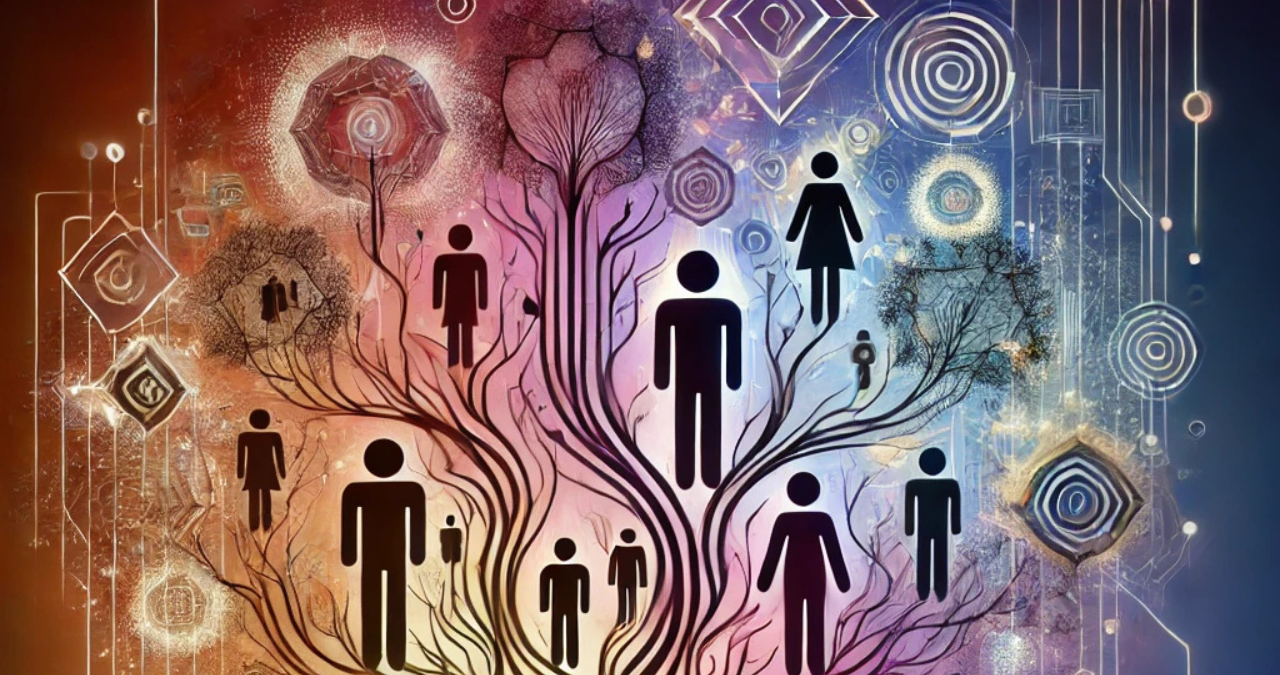Introduction
Incestflox, a term that has gained attention in recent years, refers to a controversial phenomenon involving the intersection of taboo familial relationships and digital culture. While its roots are not entirely new, the modern context of this term brings ethical, legal, and psychological complexities into sharp focus. Historically, such topics were shunned or explored cautiously in academic circles, yet the digital era has amplified their visibility, sparking debates across platforms.
Why does incestflox matter today? In an age dominated by the internet, niche topics often become subcultures, influencing broader societal perceptions. Incestflox embodies this shift, highlighting the need to examine its origins, implications, and the role of technology in shaping such conversations. This article dives deep into the phenomenon, dissecting its historical context, psychological dimensions, legal challenges, and societal consequences.
The Origins and Evolution of Incestflox
Historical Perspectives on Similar Phenomena
The concept of taboo relationships has existed for centuries, appearing in mythology, folklore, and historical accounts. Ancient Greek tragedies, such as Sophocles’ Oedipus Rex, explored the devastating consequences of familial entanglements, creating narratives that resonated across generations. Similarly, certain societies viewed incest as a means of preserving royal lineage, revealing how cultural contexts shaped perceptions of taboo relationships.
Fast forward to modern times, and these historical narratives find a new home in literature and media. From Gothic novels to psychological thrillers, the fascination with taboo themes persists, albeit under layers of metaphor and artistic expression.
Emergence in Popular Culture and Media
Incestflox began to gain traction in the digital sphere, where anonymity and accessibility enabled niche interests to flourish. Popular culture—films, television, and online content—often pushes boundaries to explore uncomfortable topics. Shows like Game of Thrones brought such themes into mainstream discourse, normalizing conversations around familial dynamics in fictional settings.
However, these portrayals have a dual impact: while they open avenues for discussion, they also risk desensitizing audiences to real-world implications. The internet further complicates matters, offering a platform for communities to discuss, share, and celebrate these controversial themes.
Psychological and Sociological Aspects
Psychological Underpinnings of Attraction to Taboo Themes
Why do taboo topics captivate the human psyche? Psychologists often attribute this fascination to the concept of cognitive dissonance—the mental discomfort arising from holding conflicting beliefs. Taboo subjects challenge societal norms, creating an allure combining curiosity and rebellion. Sigmund Freud’s psychoanalytic theories, particularly the Oedipus complex, provide another lens to understand the psychological roots of incest-related fantasies.
This fascination often stems not from intent but from the human tendency to explore the forbidden. Yet, for individuals affected by trauma or dysfunctional family dynamics, these themes may reflect deeper psychological scars.
The Role of Family Dynamics in Perceptions of Incestflox
Family relationships play a significant role in shaping attitudes toward taboo subjects. Dysfunctional dynamics—such as neglect, abuse, or lack of boundaries—can distort perceptions of intimacy and trust. Research indicates that individuals from such backgrounds may struggle to establish healthy relational boundaries, leading to a complex interplay of attraction and repulsion toward taboo themes.
Sociologically, incestflox communities thrive on shared experiences and normalization. Participants often seek validation within these groups, creating a feedback loop that diminishes the stigma associated with these topics. However, societal rejection remains strong, emphasizing the conflict between personal narratives and collective morality.
Legal and Ethical Dimensions
Global Legal Perspectives on Incest-Related Issues
Laws addressing incest and related content vary widely across jurisdictions. While most nations criminalize incestuous relationships due to ethical and genetic concerns, the treatment of incest-related media is less consistent. Countries with strict content moderation laws actively prosecute creators and distributors of explicit material, whereas others grapple with balancing freedom of expression and legal restrictions.
High-profile cases have brought this issue to the forefront, highlighting loopholes in existing legislation. These cases often spark public outrage, compelling governments to reassess their legal frameworks and enforcement mechanisms.
Ethical Concerns: Where Do We Draw the Line?
Ethically, the topic of incestflox raises pressing questions. While freedom of speech is a fundamental right, it must be weighed against potential harm to individuals and families. Advocates for open discussions argue that censorship stifles understanding, but opponents emphasize the psychological and societal risks of normalizing such content.
Digital platforms face immense challenges in moderating content. Policies against explicit material often fall short, allowing harmful content to proliferate. Striking a balance between fostering dialogue and preventing exploitation remains an ongoing struggle for tech companies and policymakers.
Addressing the Consequences
Psychological and Emotional Impact on Individuals

The consequences of incest-flox extend beyond theoretical debates, deeply affecting individuals and families. Victims of incestuous relationships often experience long-term trauma, including anxiety, depression, and difficulties forming healthy relationships. Recovery requires specialized counseling and support systems to address these complex emotional scars.
The psychological impact of taboo content varies for those drawn to it. While some view it as harmless curiosity, others may struggle with guilt, shame, or social ostracization. Understanding these diverse experiences is crucial for developing effective intervention strategies.
Educational and Awareness Campaigns
Raising awareness about the realities of incestflox requires a multifaceted approach. Educational institutions and mental health organizations are pivotal in promoting healthy discussions about familial boundaries and the consequences of crossing them. Campaigns that destigmatize seeking help can empower individuals to break cycles of abuse and rebuild their lives.
Digital platforms can also contribute by prioritizing educational content over sensationalism. Collaborative efforts between governments, NGOs, and tech companies can foster a safer online environment for vulnerable individuals.
Resources for Support and Rehabilitation
Support systems are vital for those affected by incestflox. Helplines, counseling services, and community groups provide safe spaces for victims to share their experiences and seek guidance. Legal aid is equally important, ensuring survivors can pursue justice without fearing retaliation.
Rehabilitation programs tailored to the needs of individuals in these situations can facilitate healing and reintegration into society. Ultimately, a compassionate approach—rooted in understanding and support—is key to addressing the multifaceted consequences of incestflox.
Conclusion
Incestflox is a complex and controversial phenomenon that intersects with psychology, sociology, law, and ethics. Its rise in digital culture underscores the importance of examining taboo topics with sensitivity and nuance. While the internet has amplified visibility, it has also highlighted the need for robust frameworks to address the associated challenges.
As society grapples with these issues, awareness and education remain vital. Encouraging open yet responsible discussions can demystify taboo subjects while preventing harm. By fostering empathy and understanding, we can navigate the complexities of incestflox and similar phenomena with greater clarity and compassion.
FAQs
1. What is the definition of Incestflox?
Incestflox explores taboo familial relationships, often amplified by digital culture and niche communities.
2. Why is the topic of Incestflox controversial?
It challenges societal norms, raising ethical, legal, and psychological concerns that spark intense debate.
3. Are there any laws against content related to Incestflox?
Laws vary by jurisdiction, with many nations criminalizing explicit content and relationships while others struggle to enforce regulations.
4. What psychological impact can this phenomenon have on individuals?
It can lead to trauma, anxiety, and difficulties in forming healthy relationships, particularly for victims or those with unresolved conflicts.
5. How can society encourage healthier discussions on taboo topics?
Educational campaigns and destigmatizing help-seeking behavior can foster understanding and reduce harm.
You May Also Read: https://timebusinesswork.com/vogue-horoscope-today/

Leave a Reply